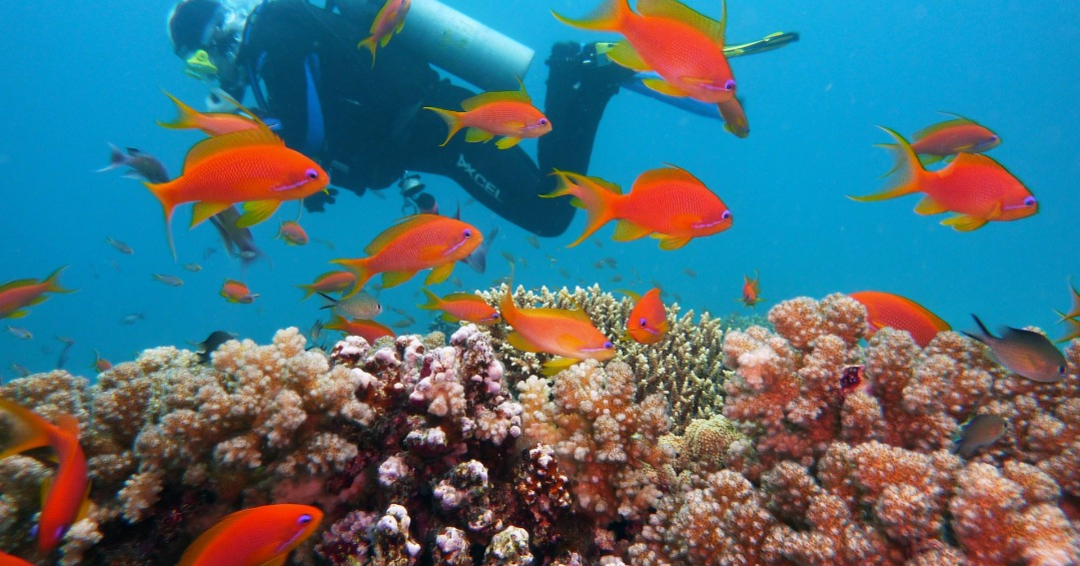Increasing levels of carbon dioxide in the ocean are making the water more acidic, which is inhibiting the growth of coral reefs. As a result, coral colonies are struggling to build and maintain their skeletons, which is essential for their survival. The Great Barrier Reef is a notable example of this phenomenon, with coral growth having slowed in recent decades.
It takes from three to 10 years, for a coral to build an adult-sized skeleton, depending on the species. To accelerate the process of growing replacement corals, Coral Maker, a company founded by Taryn Foster, is utilizing an innovative technique. She is designing and constructing artificial reef structures that mimic the natural skeletons of corals and are optimized to promote coral growth. Foster is using materials such as limestone and builds the skeletons with her family's dry-casting machines from the masonry business they had.
The Coral Maker skeleton is dome-shaped, which is similar to the shape of many natural coral colonies and features six plugs where live coral fragments can be placed.
Coral Maker has been growing a first batch of corals in pre-made skeletons for over a year on a coral farm near Abrolhos Island in Western Australia. Foster thinks that once the coral fragments with their pre-made skeletons are planted out on reefs, they could reach their full size within 12 to 18 months.
As Coral Maker looks to scale up its operations, Foster recognizes the need to automate certain manual tasks in order to produce a large number of corals. To this end, she is collaborating with researchers at the Autodesk AI Lab in San Francisco to develop and train two types of robotic arms with image sensors. One robotic arm will be capable of cutting coral fragments into smaller pieces and gluing them into plugs, while the other will be able to implant those plugs into the limestone skeletons.
Through Coral Maker, Taryn Foster hopes to make a significant contribution to the restoration and conservation of coral reefs globally.
Source: wired.com

